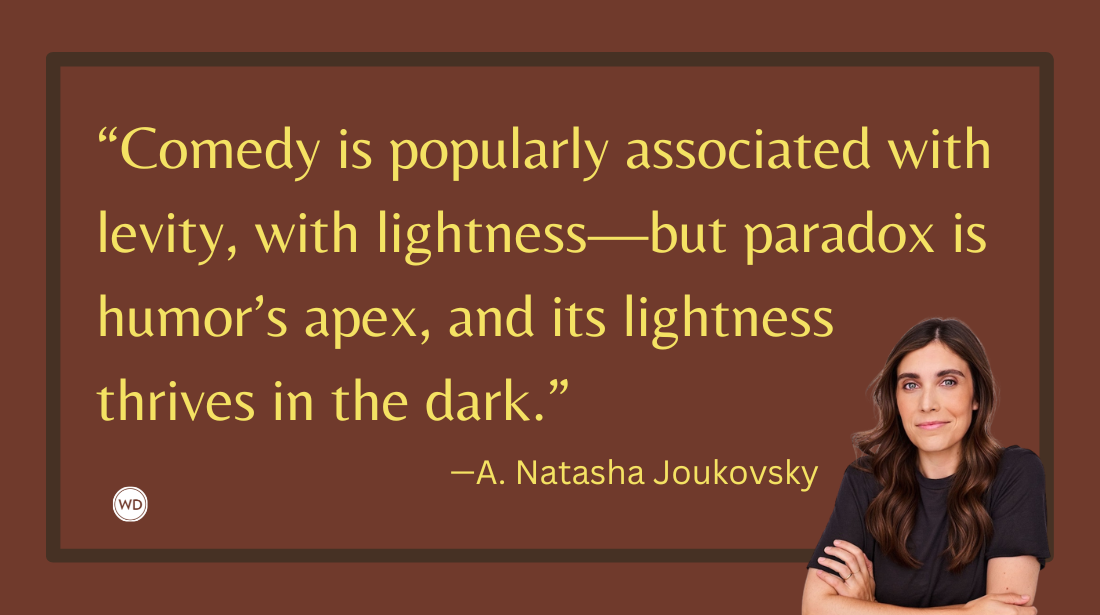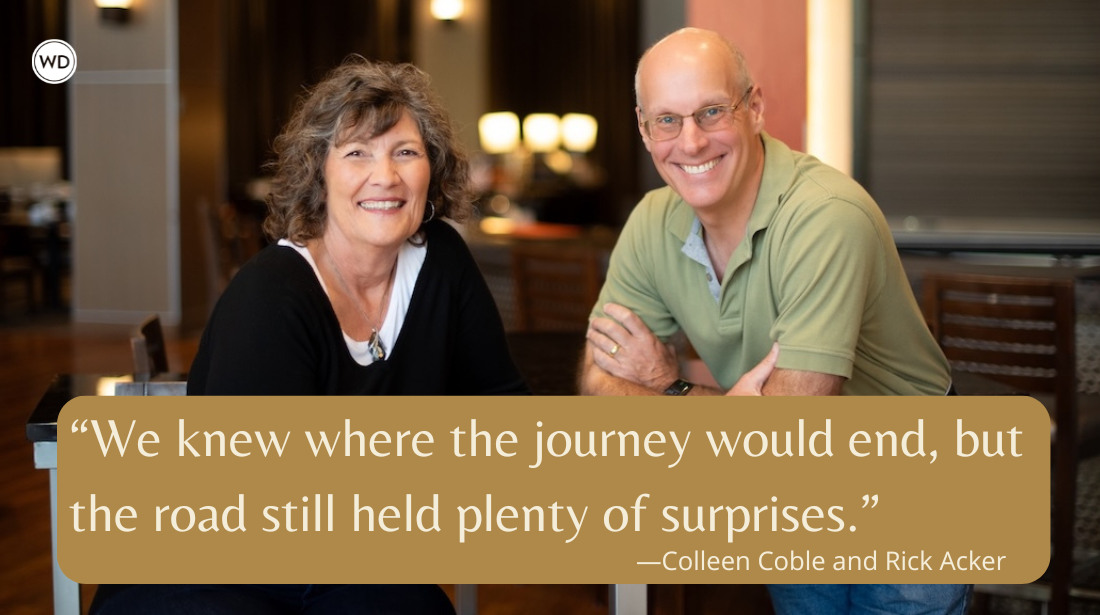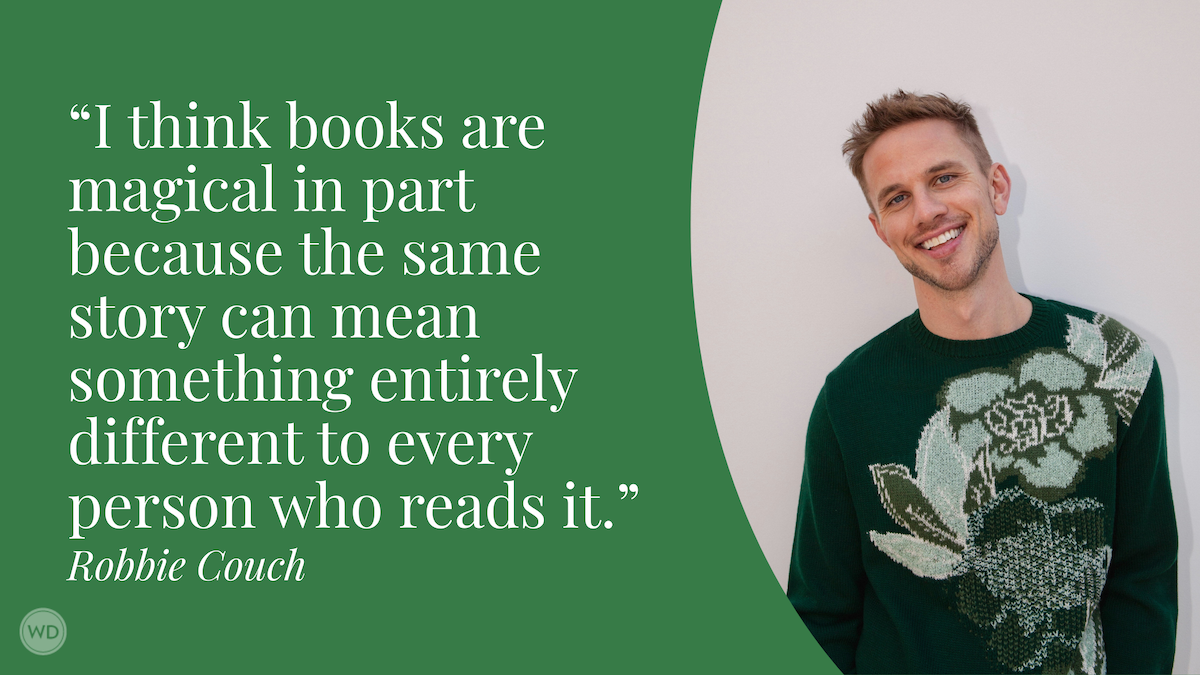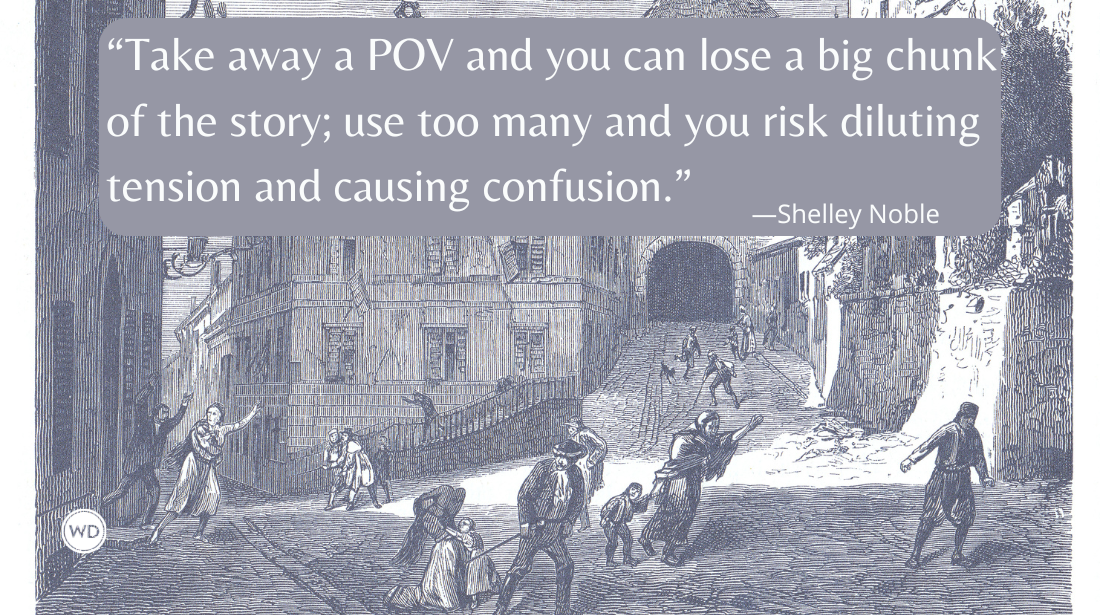Ivy Pochoda: On Reimagining Greek Tragedy as a Feminist Horror
In this interview, author Ivy Pochoda discusses how a classic Greek tragedy helped inspire her new feminist horror novel, Ecstasy.
Ivy Pochoda is the author of the critically acclaimed novels The Art of Disappearing, Wonder Valley, Visitation Street, These Women, and Sing Her Down, which won the LA Times Book Prize. She won the 2018 Strand Critics Award for Best Novel and the Prix Page America in France, and has been a finalist for the Edgar Award, among other awards. For many years, Ivy taught creative writing at Studio 526 in Los Angeles's Skid Row. She is currently a professor of creative writing at the University of California Riverside-Palm Desert low-residency MFA program. She lives in Los Angeles. Follow her on Facebook and Instagram.
In this interview, Ivy discusses how a classic Greek tragedy helped inspire her new feminist horror novel, Ecstasy, her hope for readers, and more.
Name: Ivy Pochoda
Literary agent: Kim Witherspoon
Book title: Ecstasy
Publisher: Putnam
Release date: June 17, 2025
Genre/category: Horror / Suspense / Thriller
Previous titles: Visitation Street, Wonder Valley, These Women, Sing Her Down
Elevator pitch: A feminist-horror reimagining of Euripides’s drama, The Bacchae, set at a luxury resort in Greece.
What prompted you to write this book?
In high school I began studying classical Greek. During my senior year, we translated The Bacchae in its entirety and the play has stuck with me ever since. When I had the idea to write a short horror novel, the story immediately returned to me as a perfect place to marry the genre to my classical education and my penchant for a feminist angle.
How long did it take to go from idea to publication? And did the idea change during the process?
I wrote Ecstasy rather quickly. It adheres to the structure of the original play quite closely. The idea I came up with at the start was precisely the end result.
Were there any surprises in the writing process for this book?
Well, I put to use the miseducation I received during years of late-night partying in Amsterdam! I had no idea if that period of my life would ever be useful in my fiction. And boy—was I both surprised (and relieved) that it did!
What do you hope readers will get out of your book?
I hope that they have a wild ride but also pay attention to the important themes of oppression and the prisons we (women) accidently build ourselves.
If you could share one piece of advice with other writers, what would it be?
FINISH THE BOOK YOU’RE WRITING!!!









